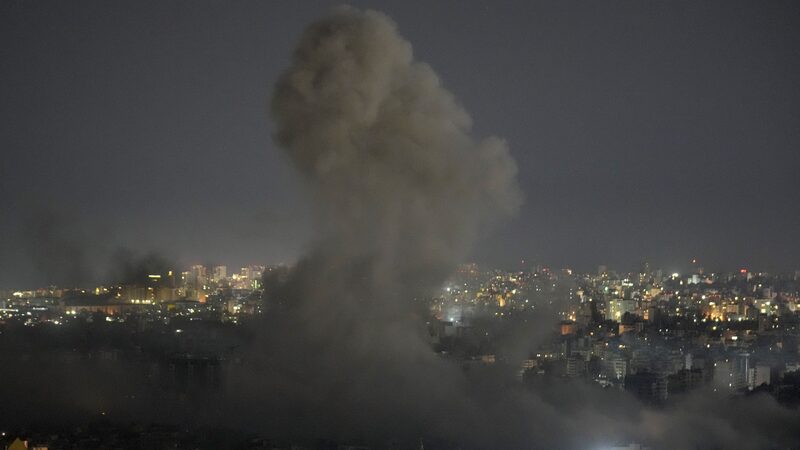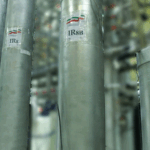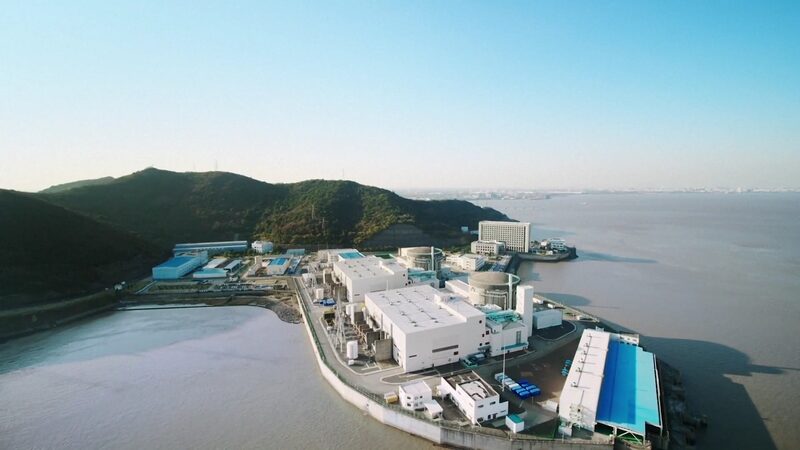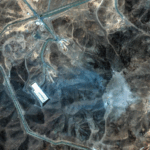Iran has suspended cooperation with the International Atomic Energy Agency (IAEA) through a new law enacted on July 2, 2025, following U.S. airstrikes on its nuclear facilities and an Israeli military campaign. The move, approved by Iran's Parliament and President Masoud Pezeshkian, comes after Tehran accused the IAEA of enabling foreign aggression through a "misleading report" about its nuclear program.
A Chain of Escalation
The IAEA Board of Governors' June 12 resolution criticizing Iran's nuclear activities preceded Israel's June 13 strikes on Iranian targets. IAEA Director General Rafael Grossi later acknowledged lacking evidence of Iranian nuclear weapons development – a revelation Iranian officials called "too late" to prevent conflict. Foreign Ministry spokesperson Esmail Baghaei accused Western nations of weaponizing the IAEA report to justify pressure on Tehran.
Strategic Leverage in Nuclear Diplomacy
Analysts view Iran's suspension of IAEA inspections as a tactical response to rebuild damaged facilities and strengthen its negotiating position. The law permits resumed inspections only if Iran's sovereignty and nuclear rights under the Non-Proliferation Treaty (NPT) are recognized – conditions to be determined by Iran's Supreme National Security Council.
While U.S. officials claimed destruction of nuclear sites, Iranian authorities emphasize rapid reconstruction capabilities. The absence of IAEA monitoring complicates international assessments, with Tehran framing the suspension as temporary and compliant with non-proliferation obligations.
Diplomatic Implications
The legislation underscores Iran's refusal to return to nuclear talks until Western powers acknowledge its right to peaceful enrichment. Experts suggest the move aims to pressure Europe against invoking the 2015 deal's "snapback" sanctions mechanism while positioning Iran as a defender of multilateral treaty frameworks.
Reference(s):
Iran's calculated response: A strategic lever to compel U.S., West
cgtn.com







